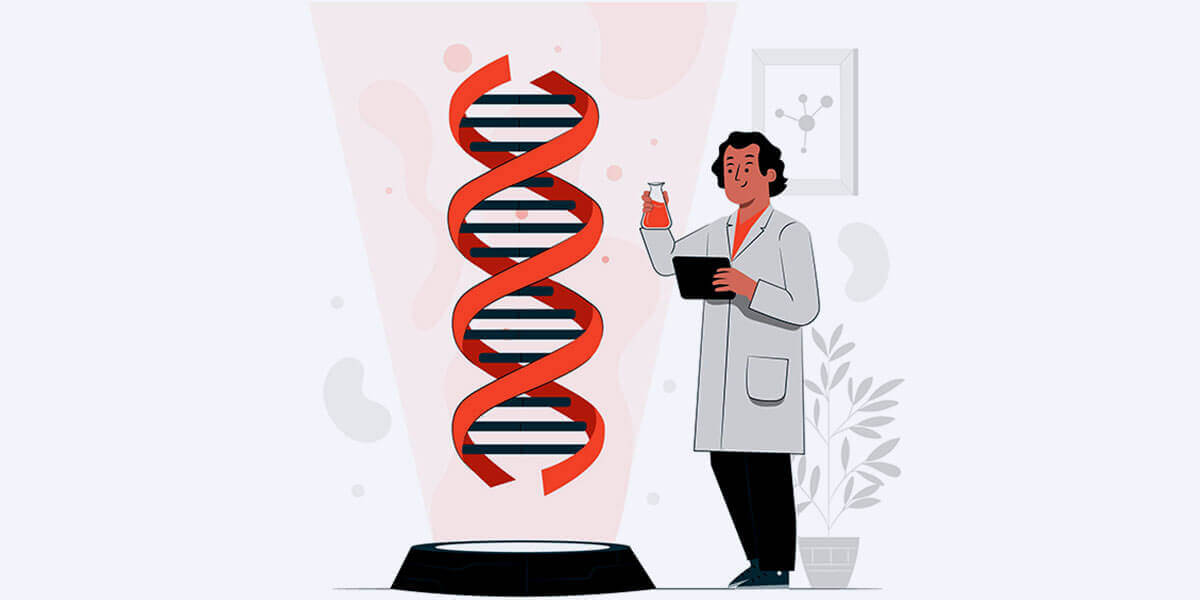
Is Diabetes Genetic?
Genetics, specifically, inheriting or passing the condition on, may be a concern to many patients who have been diagnosed with diabetes. Before thinking about genetics, it is imperative to know the differences between type 1 and type 2 diabetes.
Type 1 versus Type 2 Diabetes
According to the World Health Organization (WHO), type 1 diabetes is an autoimmune disease that makes it difficult for a person’s body to produce insulin. Type 1 diabetes is typically diagnosed in children and young adults.
Type 2 diabetes is a little different because it develops later in life, more commonly during adulthood. This condition occurs when the body becomes resistant to insulin or cannot produce the required amount.
While the causes of both type 1 and type 2 diabetes are not officially known, WHO research has shown that the condition occurs due to two main factors: genetics and a person’s environment.
According to the American Diabetes Association, people with type 1 diabetes typically inherit the gene from both parents.
Environmental Triggers
1. Diet
- Research has shown a person’s early diet may be an environmental trigger for the condition. For example, babies who are breastfed may be less likely to develop type 1 diabetes.
- The American Diabetes Association says genes may have a bigger influence on type 2 diabetes. Studies have shown obesity and diets high in sugar, fat, and cholesterol are all triggers for the condition.
2. Medical History
Viruses contracted during childhood may also trigger type 1 diabetes because of the virus’s effect on the immune system.
3. Lifestyle Habits
People from the same family often have similar lifestyles, which include eating and exercise habits. A study in the Journal of Pediatrics says children of overweight parents are almost twice as likely to become overweight than children of parents with a healthy weight.

Prevention of Triggering Genetic Diabetes
If diabetes runs in your family, or if you’re worried about passing the condition on to your children, there are several things you can do to help prevent its onset.
Regular checkups with your doctor will also help you detect conditions such as high blood sugar or prediabetes before they become a bigger problem.
Summary Remember: Genes may play a part, but you can also exercise a large amount of control over your well-being and your family’s!
Disclaimer: Any information provided is not intended as medical advice. Iowa Diabetes is not responsible for any information from third parties.






Is there any non drugs treatment for type 2 diabetes or is drugs the only treatment
There are three main ways to manage diabetes; medications, healthy eating, and activity. This means that medications are just one of the things you can use to help manage your sugars and keep diabetes under control.